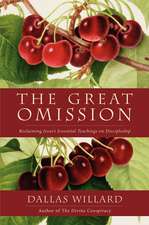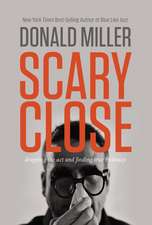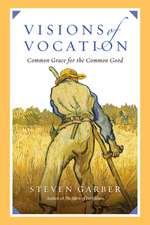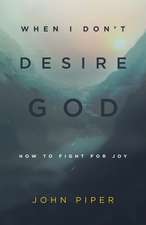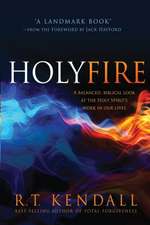Holiness and Selected Sermons (Including the Best Friend, Christ's Greatest Trophy, Happiness, the Power of the Holy Spirit, the Privileges of the Tru: The Wind in the Willows, the Golden Age and Dream Days (Including the Reluctant Dragon) [Illustrated]
Autor J. C. Ryleen Limba Engleză Paperback – 23 sep 2015
Preț: 141.40 lei
Nou
Puncte Express: 212
Preț estimativ în valută:
27.06€ • 27.89$ • 22.85£
27.06€ • 27.89$ • 22.85£
Carte tipărită la comandă
Livrare economică 03-17 martie
Preluare comenzi: 021 569.72.76
Specificații
ISBN-13: 9781781395417
ISBN-10: 1781395411
Pagini: 330
Dimensiuni: 170 x 244 x 18 mm
Greutate: 0.53 kg
Editura: Benediction Classics
ISBN-10: 1781395411
Pagini: 330
Dimensiuni: 170 x 244 x 18 mm
Greutate: 0.53 kg
Editura: Benediction Classics
Notă biografică
John Charles Ryle (1816-1900) graduated from Eton and Oxford and then pursued a career in politics, but due to lack of funds, he entered the clergy of the Church of England. He was a contemporary of Spurgeon, Moody, Mueller, and Taylor and read the great theologians like Wesley, Bunyan, Knox, Calvin, and Luther. These all influenced Ryle's understanding and theology. Ryle began his writing career with a tract following the Great Yarmouth suspension bridge tragedy, where more than a hundred people drowned. He gained a reputation for straightforward preaching and evangelism. He travelled, preached, and wrote more than 300 pamphlets, tracts, and books, including Expository Thoughts on the Gospels, Principles for Churchmen, and Christian Leaders of the Eighteenth Century. Ryle used the royalties from his writing to pay his father's debts, but he also felt indebted to that ruin for changing the direction of his life. He was recommended by Prime Minister Benjamin Disraeli to be Bishop of Liverpool where he ended his career in 1900.
![Holiness and Selected Sermons (Including the Best Friend, Christ's Greatest Trophy, Happiness, the Power of the Holy Spirit, the Privileges of the Tru: The Wind in the Willows, the Golden Age and Dream Days (Including the Reluctant Dragon) [Illustrated] de J. C. Ryle](https://i1.books-express.ro/be/9781781395417/holiness-and-selected-sermons-including-the-best-friend-christ-s-greatest-trophy-happiness-the-power-of-the-holy-spirit-the-privileges-of-the-tru.jpg)
